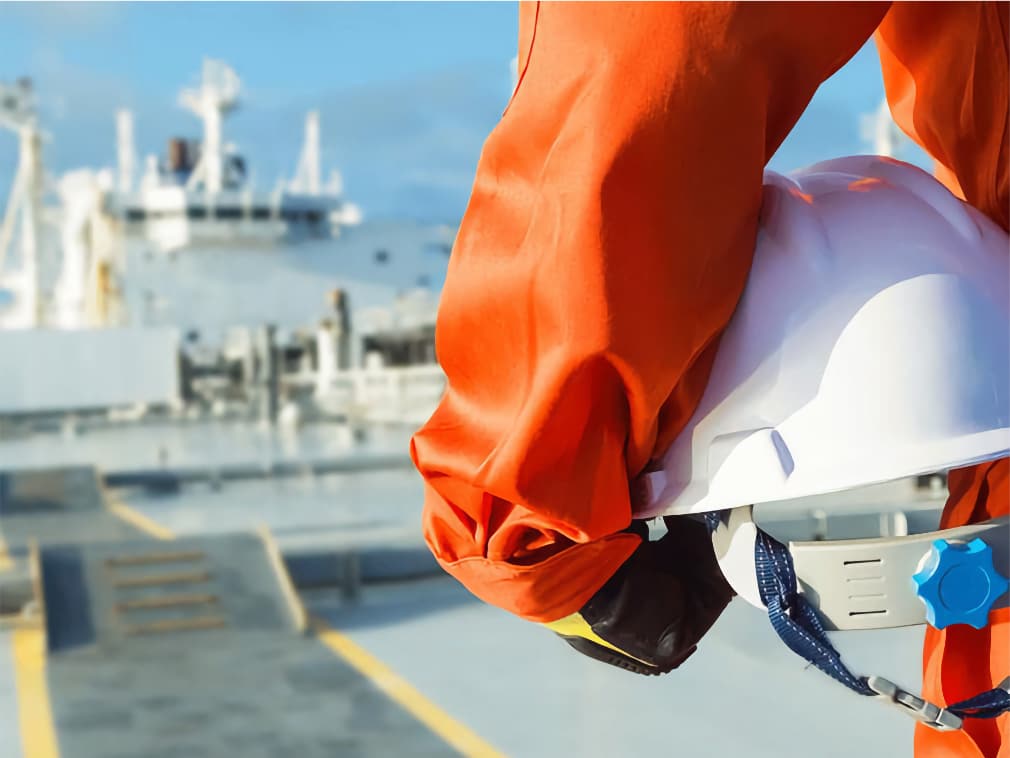Antipollution Egypt has undertaken a pivotal initiative: training local port service contractors in PRF (Port Reception Facility) methodology, safety protocols, and Euroshore regulations. This endeavor aims to integrate local contractors seamlessly into Antipollution Egypt’s operations, enhancing environmental protection and operational efficiency.
Port Reception Facilities (PRFs) are essential in managing ship-generated waste, preventing marine pollution. PRF methodology encompasses the systems and processes for the collection, storage, treatment, and disposal of waste materials from ships. Proper training in PRF methodology ensures that local contractors can efficiently manage waste reception, reducing the risk of marine pollution and adhering to international standards.
Antipollution Egypt’s training programs focus on:
- Understanding PRF Infrastructure: Comprehensive training on the design, operation,and maintenance of PRF infrastructure.
- Waste Management Techniques: Advanced methods for the segregation, treatment, and disposal of various types of ship-generated waste.
- Compliance with International Standards: Ensuring that contractors are well-versed in MARPOL Annexes and other relevant international regulations.
Safety in port operations is non-negotiable. Antipollution Egypt places significant emphasis on instilling rigorous safety protocols among local contractors. These protocols are designed to protect workers, equipment, and the environment.
Key components of the safety training include:
- Risk Assessment and Management: Identifying potential hazards and implementing measures to mitigate risks.
- Personal Protective Equipment (PPE): Proper use and maintenance of PPE to safeguard against occupational hazards.
- Emergency Response Procedures: Training on effective response strategies for emergencies such as spills, fires, or accidents.
- Health and Safety Regulations: Adherence to national and international health and safety standards, ensuring a safe working environment.
Euroshore regulations provide a framework for environmental management in European ports, emphasizing sustainable practices and pollution control. Antipollution Egypt’s training programs ensure that local contractors are well-equipped to comply with these stringent regulations.
Training highlights include:
- Environmental Impact Assessment: Techniques for assessing and mitigating the environmental impact of port operations.
- Waste Reception and Handling: Best practices for the reception and handling of waste in line with Euroshore standards.
- Regulatory Compliance: Understanding and implementing Euroshore regulations to ensure seamless integration into European environmental management frameworks.
The training initiative by Antipollution Egypt is designed to facilitate the smooth inclusion of local port service contractors into its operations. By equipping contractors with knowledge and skills in PRF methodology, safety protocols, and Euroshore regulations, Antipollution Egypt ensures:
- Operational Consistency: Uniformity in waste management practices across all ports, enhancing efficiency and effectiveness.
- Enhanced Environmental Protection: Minimizing the risk of pollution and ensuring sustainable port operations.
- Regulatory Compliance: Ensuring all operations meet international and European standards, fostering trust and reliability.
Antipollution Egypt’s commitment to training local port service contractors in PRF methodology, safety protocols, and Euroshore regulations underscores its dedication to environmental protection and operational excellence. This initiative not only empowers local contractors but also ensures that Egypt’s ports remain at the forefront of sustainablemaritime practices. By fostering a skilled and knowledgeable workforce, Antipollution Egypt paves the way for a cleaner, safer, and more sustainable maritime future.

